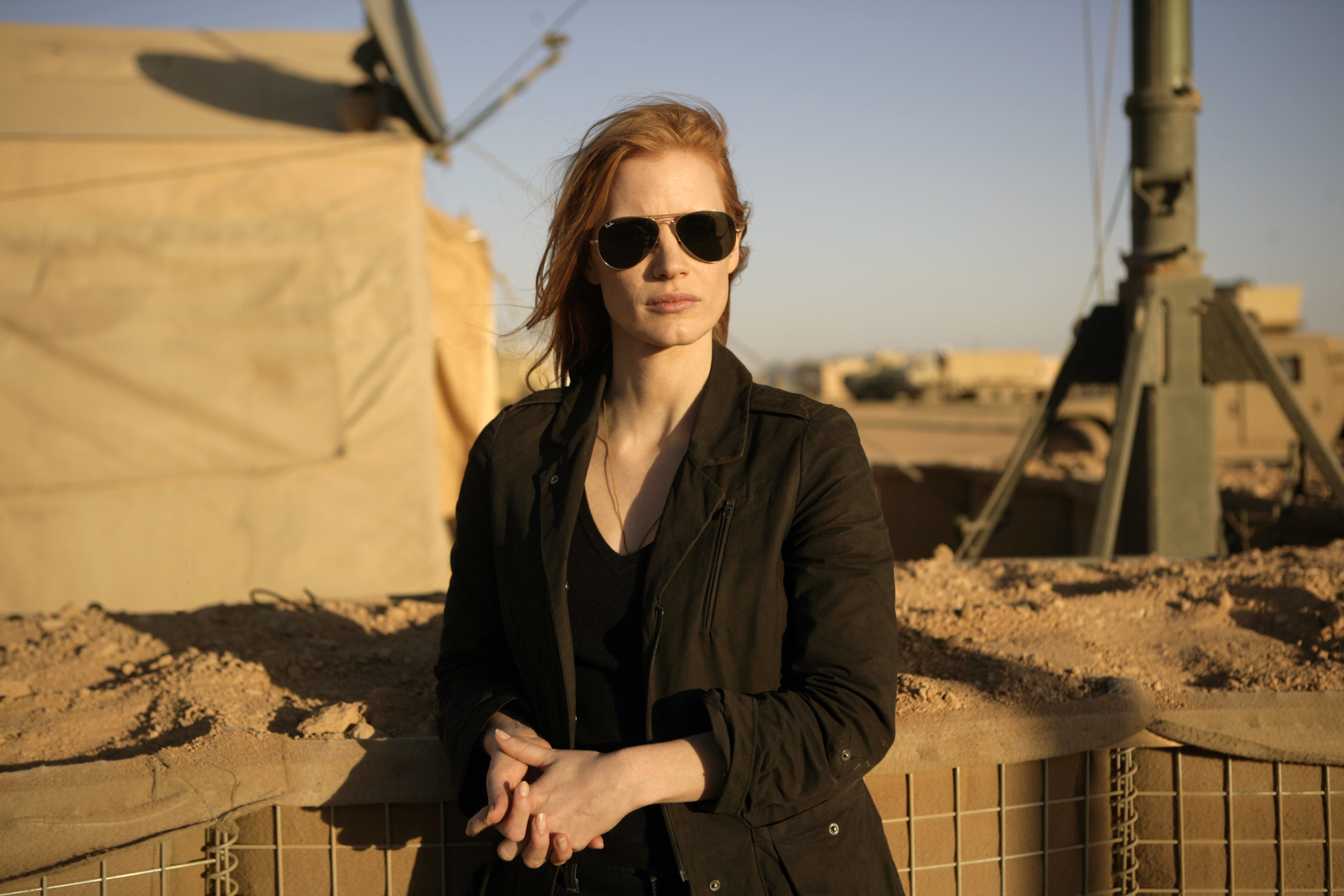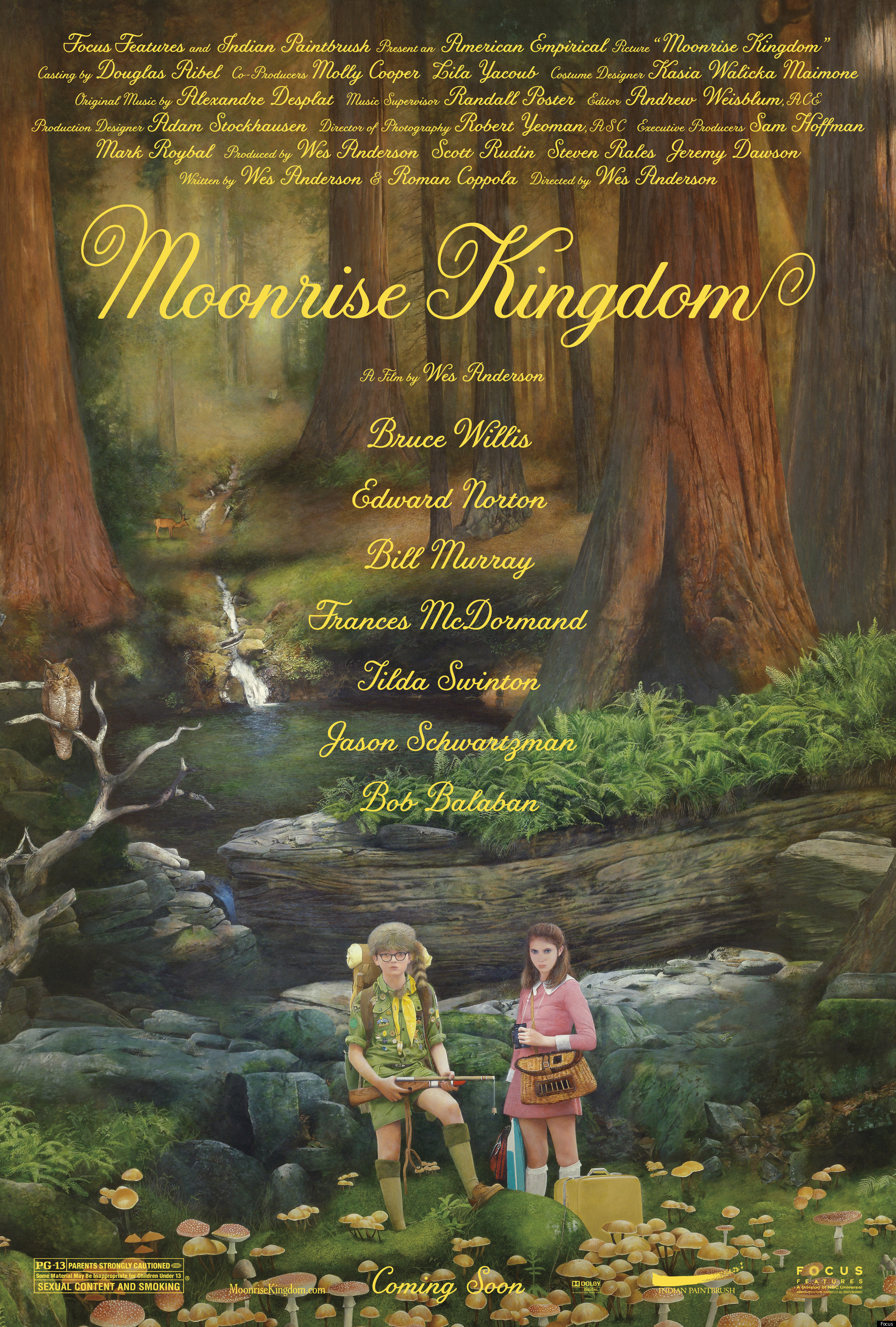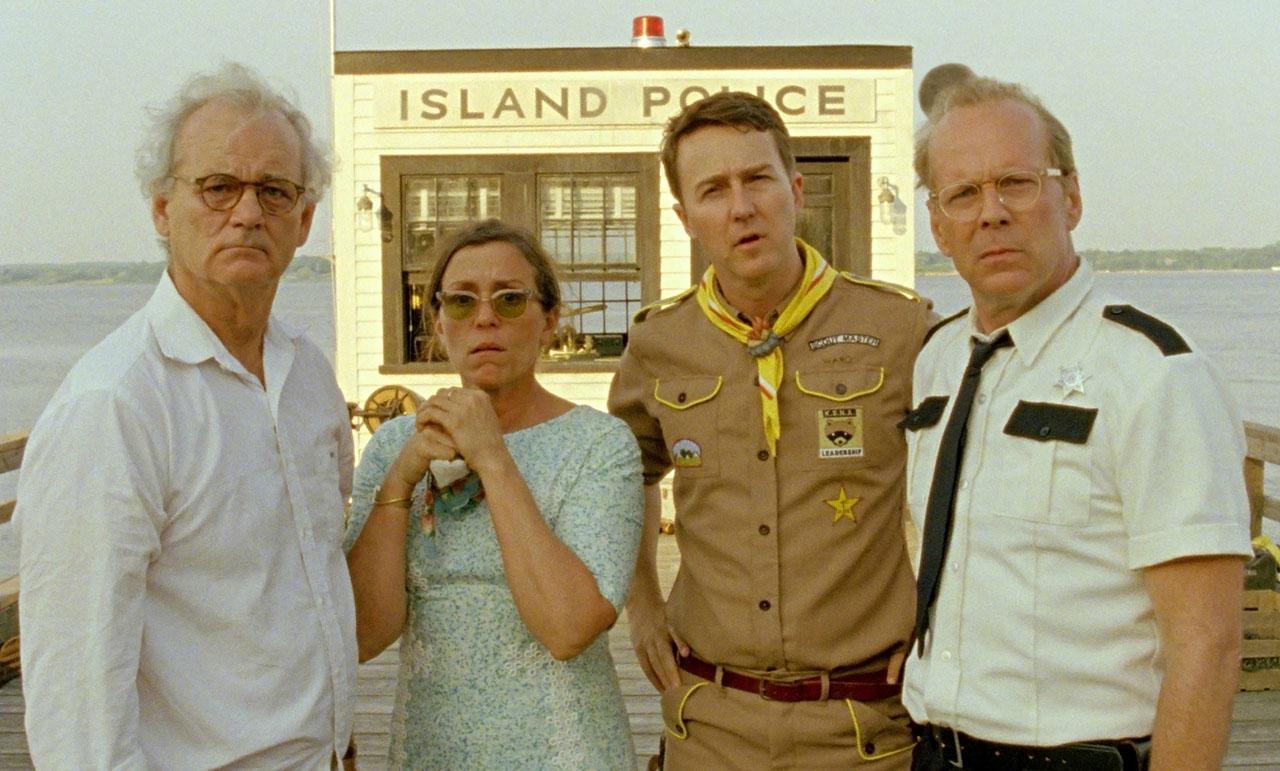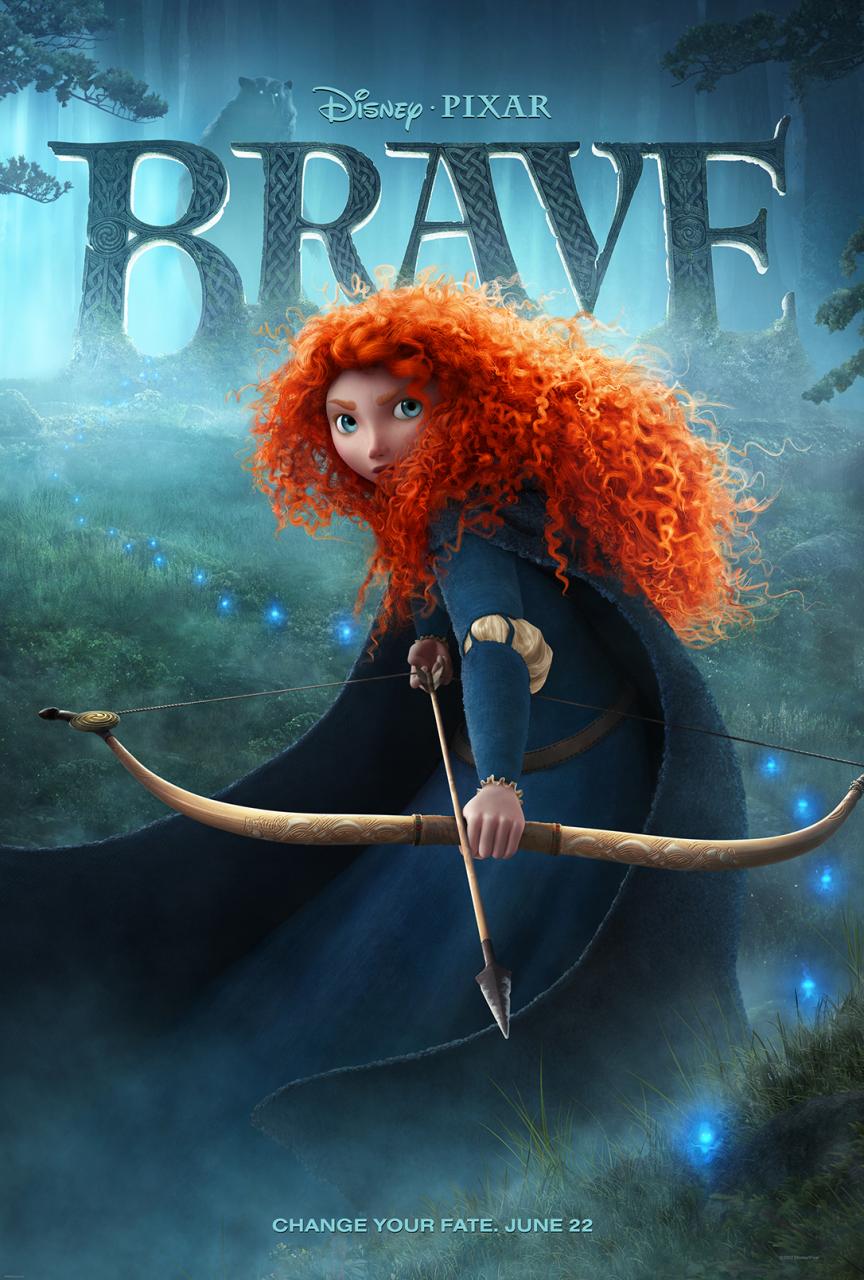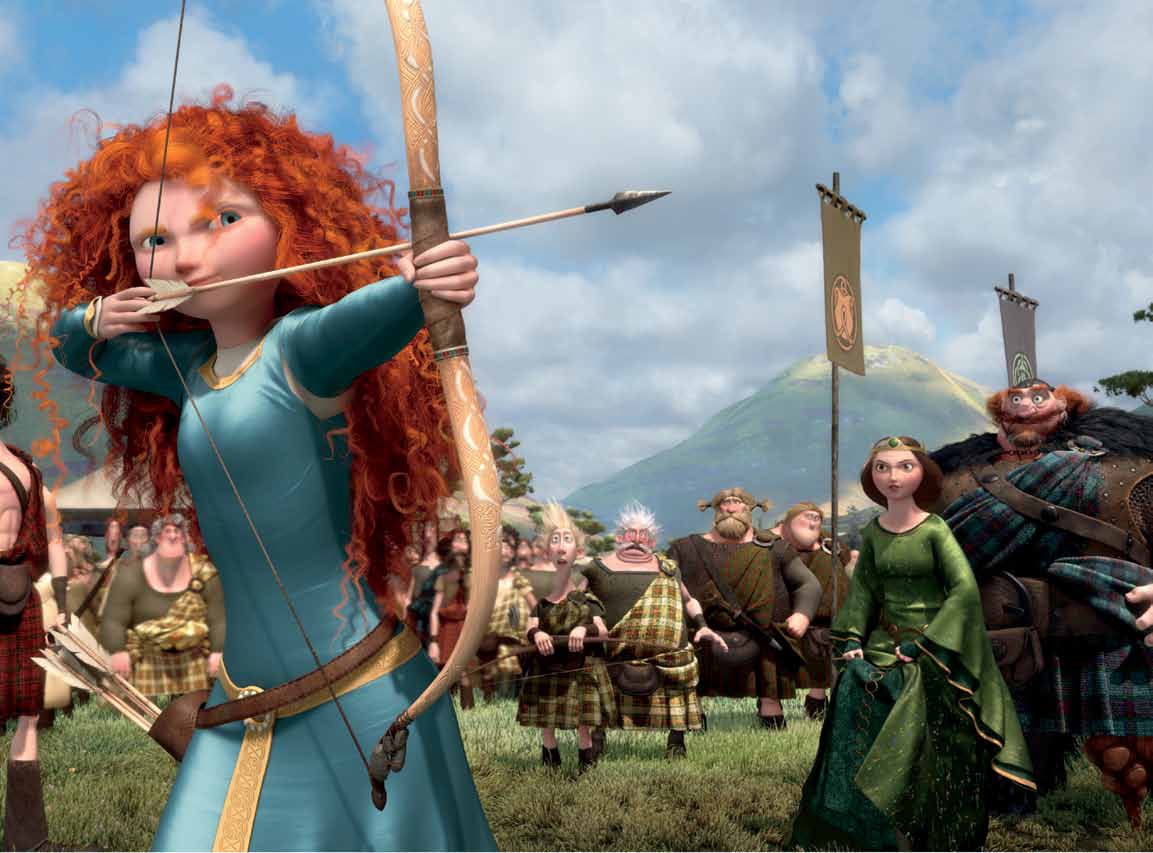

Director: Kathryn Bigelow, 2012 (R)
Kathryn Bigelow achieved fame with her Oscar win for the
superb chaos of war movie, The HurtLocker in 2010. What she did for the war in the Middle East she does for
the war on Al Qaeda in this superb and intense spy thriller. Nominated for a
Best Picture Academy Award, it won’t win as it is morally complex and has
stirred up trouble in Hollywood for its depiction of torture. Most notably, she
was snubbed a nomination for Best Director as a result.
The movie is about the hunt for and the killing of Osama Bin
Laden, and it is reputedly based on first-hand accounts. It is centered on Maya
(a superb Jessica Chastain, The Tree ofLife, another actress who seems to be everywhere these days), a young CIA
agent whose single-minded obsessions ultimately leads to the successful
conclusion of this hunt.
The opening scene is all sound and no picture. Against a
black screen, we listen to the actual recordings of the phone calls made from
the hijacked airliners on 9/11 in 2001. As we hear the fateful voices of those
doomed to die in those terrible terrorist attacks that transformed our country,
the mood is established. We all remember that fateful day. We remember where we
were when we saw the twin towers come down. And we remember the violence
perpetrated against a vulnerable public. This sets us up for the hunt for
justice, or vengeance, that took another decade.
Zero Dark Thirty is military speak for 30 minutes after
midnight, that time when the final assault on Bin Laden’s secret hideout in
Abbottabad, Pakistan occurred. The film itself takes two hours and two acts to
get to this third and final half-hour. But it needs to do so, to establish how
much it took to find Bin Laden, and how much it cost, both for the hunters and
the hunted.
The first act focuses on the years after 2001, when Maya and
her CIA colleagues follow lead after lead to try to get to Bin Laden. Although
somewhat confusing at times, it conveys the sense of frustration when leads
culminate in dead ends. The stress of the job takes its toll just as investigative
work takes its time. She has support from Dan (Jason Clarke), her CIA superior,
even as she seems blocked at times by the head of the CIA in Islamabad Pakistan
(Kyle Chandler), who seems more worried about the politics than the purpose.
It is in the first act, even the first few scenes, that the
acts of torture, or “enhanced interrogation,” are prominent. The first visual
scene is powerful. Dan (Jason Clarke), a seasoned CIA interrogator, walks into
a black site somewhere in the world, accompanied by several people in ski
masks. Maya is one of the masked operatives. Standing imprisoned is an Al
Qaedi. Dan tells this prisoner quietly , “Can I be honest with you? I’m not your friend. I’m not gonna help you.
I’m gonna break you.” He goes on, “When you lie to me, I hurt you.” And he
does, in a number of ways that force us as viewers to cringe and wonder if this
torture will be effective. And when he says, “It’s cool, that you’re strong and
I respect it. But in the end, everybody breaks, bro. It’s biology,” we believe
it. We just wonder what it will take. It takes a couple of scenes of
waterboarding, that technique that has been bashed by most people as horrible
but has come to be most closely associated with the torture in the aftermath of
9/11.
Torture is one of the ethical dilemmas of the film. Acting
CIA Director Michael Morrell, in a rare incident, issued a statement about the
film questioning its historical accuracy and contradicting the assertion that
torture had been of any significant benefit in locating Bin Laden. Moreover,
liberal actors, including Martin Sheen, organized a public condemnation of the
film for what they claimed is its tolerance of torture. Bigelow, though, has
stated that she is merely depicting what took place, neither endorsing or
condemning it. Indeed, she seems to go out of her way to avoid giving an
opinion on torture. Like her troubled heroine, she seems conflicted about this
morally complex dilemma.
In contrast, Paul Miller, assistant professor of
International Security Affairs at the National Defense University in Washington
DC, offers a strong response to such liberals. As one who has served in the
army in Afghanistan and in the CIA as an analyst over the last decade, his credentials
for an opinion seem unquestionable. In an article published in Christianity
Today’s Books and Culture entitled "Justice at Zero Dark Thirty", he says:
“The scene of waterboarding that Bigelow included in the movie is an accurate dramatization. If waterboarding itself did not literally provide the crucial link in the hunt for bin Laden, I am absolutely certain that some of the "enhanced interrogation" the United States conducted after 9/11 has been instrumental in preventing another 9/11 and keeping al-Qaida on the run. Let me say that again. With all the weight of ten years of work in the Army, the CIA, and the White House, I am absolutely certain that there would have been at least one, if not more, successful, large-scale terrorist attacks on the United States without the "gloves-off" measures used in the last decade.”
He goes on to ask, “Is that just? Are torture and
assassination permissible tools of self-defense?” He refers to Paul’s words in
Romans 13 about the moral duty of government to protect its citizens, and
concludes that if executing a war criminal is justified so is enhanced
interrogation to gather the information necessary to find that war criminal.
One of the three key scenes I took away from the film occurs
as Maya is watching with her colleagues as President Obama is giving a TV
interview. He declares that there will be no more torture, and this juxtaposes
with the first act to transition the second act to straightforward
investigation apart from torture. Maya seems saddened if not conflicted by
this. As with the film, I will leave this issue for readers to work through
themselves; Miller’s article is a worthy read.
The second act focuses on the hunt once a name has been
found. A close courier to Bin Laden identified, and the real hunt is on. Even
then, it is slow and methodical work, with two steps back for every three steps
forward.
It is in the third act, that this gripping spy thriller
turns into a subdued action film. Here, Maya’s work culminates in a Navy Seal
operation to go in under cover of darkness to kill Bin Laden. Using shaky-cam
techniques, we vicariously go in with this team of experts not knowing for
certain if he is even there. Playing out
in almost real time, there is an intense feel, as we wonder even as we know the
outcome.
The second theme of the film is the effects of this
obsession on Maya. Jessica Chastain
delivers a stunning Oscar-worthy performance (and she is nominated for Best
Actress) as a person whose obsession drives the chase even when others are
ready to give it up. But it changes her.
The opening scene of torture is key. She enters the
interrogation room with a ski mask covering her face. But, when she goes back
in moments later, she elects to leave her face bare, like Dan. She will face
this for unprotected. She is in it 100%.
From rookie operative first joining Dan’s team in Pakistan,
the life of a CIA agent in a “friendly” country adjacent to Afghanistan begins
to take its toll. Two bombings, one in a hotel and one in a military facility,
shake her to the core. But it’s the
third scene, after she is back at CIA HQ in Langley where her confidence
becomes apparent. She has already pointed out, “You can’t run a global network
of interconnected cells from a cave.” Unlike her CIA counterparts who think Bin
Laden is still in Afghanistan, she believes he is in a compound in Pakistan. When
asked by the Director of the CIA if they believe Bin Laden is in the compound,
most of her colleagues dance around the answer, saying they are 50% or 60%
confident. Even Dan, her mentor (himself deeply impacted by his part in the
torture), won’t back her at this point. Yet, she states unambiguously she is
100% confident. She is ready to drop a bomb on the compound!
Maya goes from confused rookie, to conflicted leader, to
confident facilitator. And at the end, she is watching her team take action
based on her intelligence.
The final scene at the conclusion focuses the camera on Maya’s
face. In close-up, we see a single tear run down her face, and we are left to
wonder: is she satisfied? Is she emotionally scarred? Will she go on? The movie
leaves these questions unanswered.
Copyright ©2013, Martin Baggs



